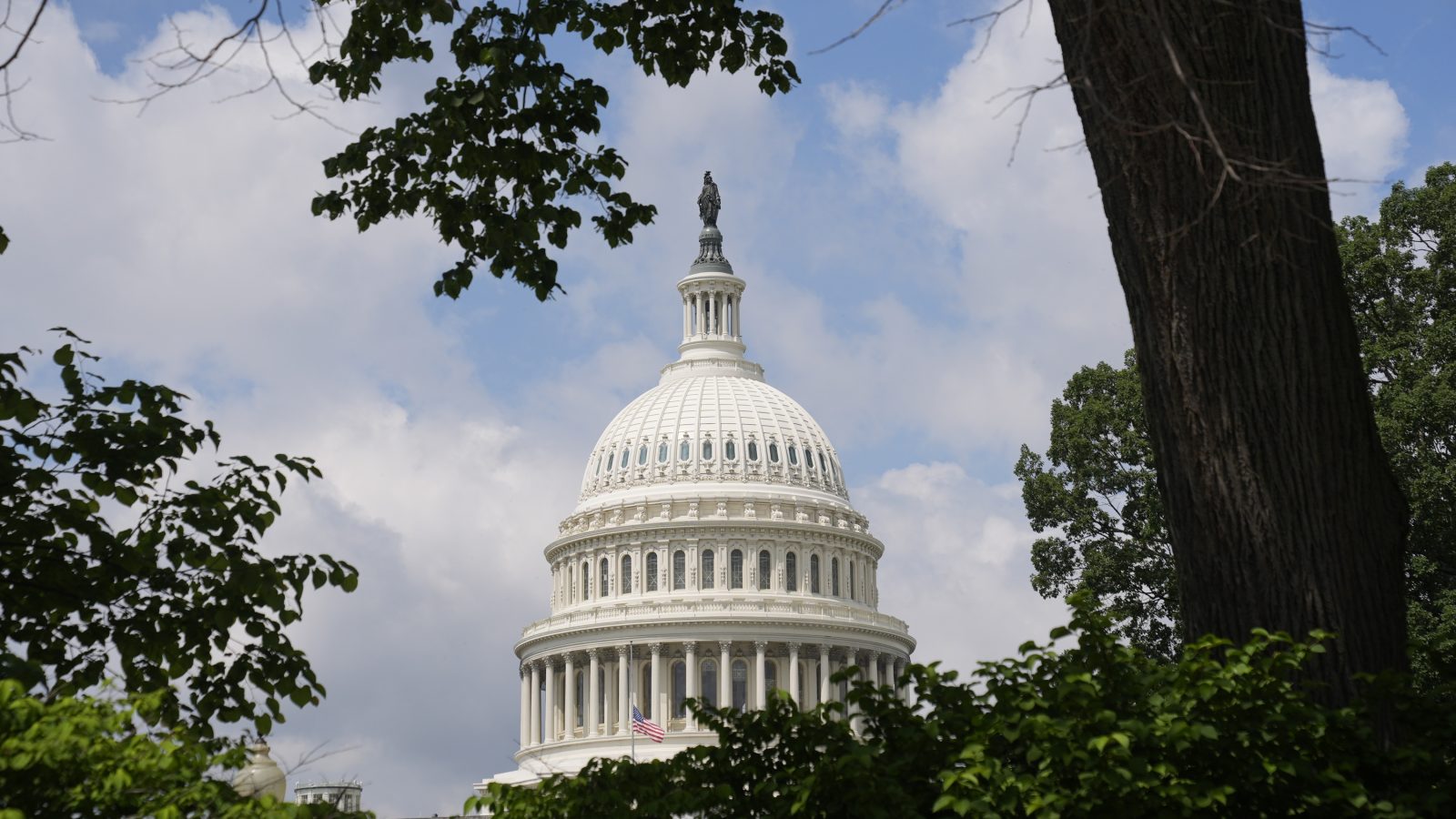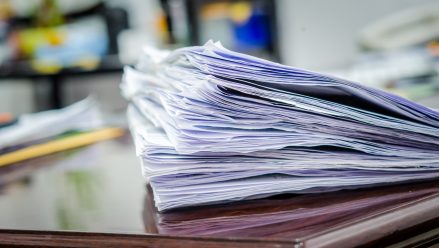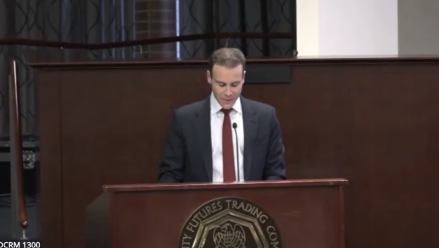Bettors could be forced to pay more in taxes than they make in net winnings, under the new sweeping federal bill passed by the Senate on Tuesday.
The 940-page Senate version of the “One Big Beautiful Bill Act” — the legislation backed by President Donald Trump that includes a number of major tax and spending changes — includes several differences from the version of the bill that was passed by the House in May. Among them is a new provision to limit deductions for wagering losses to 90% of annual winnings.
Previously, gamblers were allowed to deduct wagering losses as long as they didn’t exceed winnings for a given tax year.
The 90% cap also applies to “any deduction otherwise allowable under this chapter incurred in carrying on any wagering transaction.” This refers to non-loss expenses incurred by professional bettors, such as subscriptions to data services. Currently, these deductions are counted separately to losses, and so a bettor could receive a refund if their combined losses and other expenses exceeded their winnings in a given year. The House version of the bill included language so that combined deductions — including non-loss expenses — couldn’t exceed winnings, before the Senate version introduced the 90% limit.
Taxes could be more than net winnings
Bettors who wager large amounts with low rates of return — as many professional gamblers do — are most likely to face particularly steep tax bills under this proposal.
In fact, the 90% limit opens the door to a new possibility for some: facing a tax bill that is larger than their net winnings.
If a gambler has $101,000 of taxable winnings and $100,000 of losses plus expenses during a year, their net winnings would be only $1,000. However, with only $90,000 of losses and expenses able to be deducted, their taxes would be based on winnings of $11,000. If taxed at 24% — the federal withholding rate for gambling taxes — that would lead to a tax bill of $2,640, or well over double the net winnings figure.
The exact tax rate a bettor pays on their gambling winnings depends partly on their other income, but even at the lowest tax bracket, a bettor with $101,000 of winnings and $100,000 of losses — roughly equivalent to hitting on bets priced at -110 53% of the time — would be making a loss after taxes.
‘This will implode the entire gaming industry’
Professional gambler and Unabated co-founder Captain Jack Andrews was among those critical of the proposal.
In a post on social media site X, he wrote: “The big beautiful bill proposes that gambling losses be capped at 90% of winnings — even for professionals.
“If you file the way the IRS intends, you declare gross winnings and deduct losses. This means even losing gamblers would owe money on their gambling.
“Combine this with the deep cuts in state funding and states will be looking to find revenue from increased gaming operator taxes (which squeeze the consumer).
“I say this sincerely: This will implode the entire gaming industry.”
The proposal comes as a number of states also try to hike gambling taxes. Illinois last month introduced a new per-wager fee — set at 25 cents per wager for an operator’s first 20 million wagers accepted, and 50 cents per wager for every bet taken thereafter — while New Jersey upped its tax rate from 13% to 19.75% and Louisiana raised its from 15% to 21.5%.
Those tax hikes are paid by operators, but in Illinois, FanDuel, DraftKings, and Fanatics are all set to introduce surcharges to pass the cost of the new fee directly on to customers.
Bill heads back to House
Senators voted to approve the current version of the federal bill Tuesday in a 51-50 vote, with Vice President JD Vance casting the tiebreaking vote after three Republicans joined 47 Democrats in opposing the bill.
The new version of the legislation must now be approved by the House, having been changed substantially from the version that was first approved in May.
A conference committee — a temporary joint committee of the two houses — is likely to be formed to work out the differences between the two bills, including the difference on gambling deductions.





